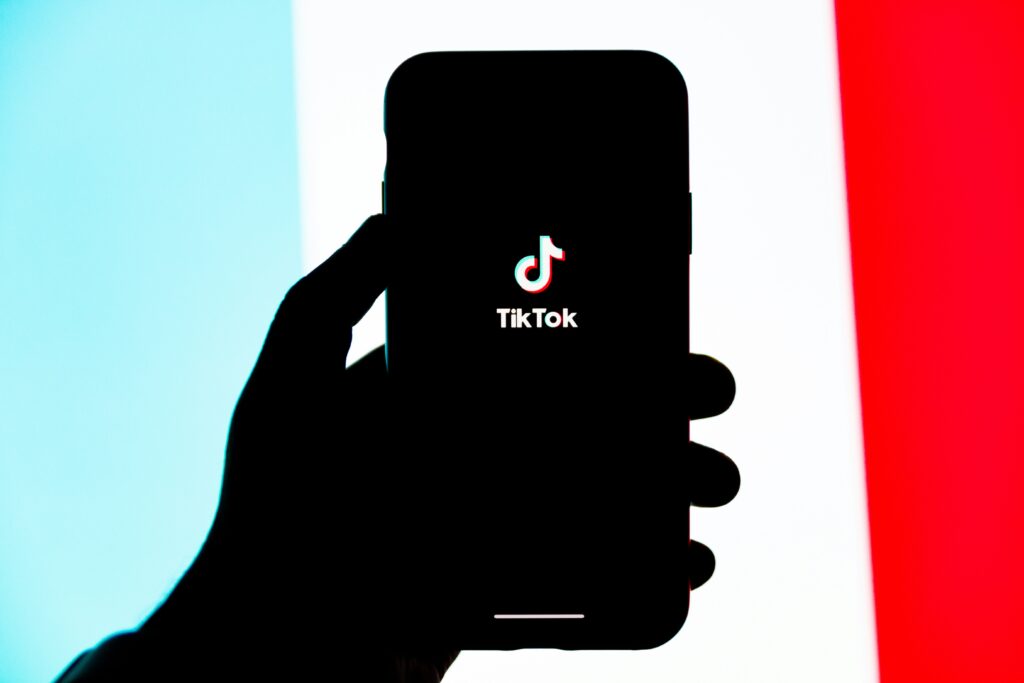The TikTok Ban Bill, recently signed into law, has caused a stir among millions of users in the United States. The legislation, aimed at addressing national security concerns about TikTok, could have a significant impact on both casual users and content creators who rely on the platform for expression and income. This raises important questions about the future of TikTok in the U.S. and the potential consequences for the broader social media landscape.
What is the TikTok Ban Bill?
The TikTok Ban Bill, signed into law in April 2024, is a piece of legislation motivated by concerns about user data security and potential national security risks. Lawmakers worry that TikTok, owned by the Chinese company ByteDance, could be a conduit for the Chinese government to access information on American users. This includes personal data, browsing habits, and potentially even content viewed on the platform.
The bill emerged from a series of hearings and proposals aimed at mitigating these TikTok ban risks. It was ultimately attached to a larger aid package and signed into law recently. However, the bill doesn’t enact an immediate TikTok ban. Instead, it gives ByteDance a set timeframe (around nine months) to either sell TikTok to a U.S.-approved buyer or face a potential app store ban. This timeframe can be extended by an additional three months, pushing the final deadline to potentially early 2025.
What Does the TikTok Ban Bill Mean for Users?
Since the TikTok Ban Bill has passed, the landscape for U.S. users has shifted dramatically. Here’s a breakdown of the immediate and potential long-term impacts of the TikTok ban:
- Downloading the App: New users are completely out of luck. They won’t be able to download TikTok from any official app store, effectively shutting them out of the platform.
- Updates and Security: This is where things get dicey for existing users. While the app might still function initially on phones where it’s already downloaded, it won’t receive critical updates. Security patches and bug fixes are crucial for protecting your device and data. Without them, the app will become increasingly vulnerable to hacking and malware. It’s best to consider TikTok unsafe for continued use after a period of time without updates due to the TikTok ban.
- Finding Alternatives: A mass migration to other platforms is highly likely. Existing social media giants like Instagram (with Reels) and YouTube (with short-form video features) are likely to see a surge in users. However, replicating the specific user experience of TikTok might be a challenge. The short-form, highly engaging format and the unique, community-driven nature of TikTok may not be easily replicated. Users might have to adapt to a more fragmented content consumption experience across different platforms in the wake of the TikTok ban.
- Shifting User Habits: The TikTok ban could significantly alter how users consume content. Platforms like Instagram and YouTube might be forced to adapt their features to compete with the now-missing short-form video niche. This could lead to a shift in user habits, with a focus on shorter, more engaging video content across the board.
The future remains uncertain. While some users might find suitable replacements, others might struggle to replicate the TikTok experience. This highlights the evolving relationship between users, social media platforms, and data security concerns. It’s a situation that will likely continue to develop and have lasting impacts on the social media landscape.
Conclusion
The TikTok Ban Bill presents a significant challenge for both users and creators. Users face a potential loss of access to a beloved platform, a need to find alternatives, and potentially compromised security if they continue using the app. Creators face an uncertain future, potentially needing to rebuild their audiences on new platforms. This situation underscores the ever-evolving relationship between users, social media platforms, and data security.
As we move forward, a key question remains: Will this TikTok ban be an isolated case, or will it set a precedent for stricter social media regulation in the future, with potential implications for other platforms? Only time will tell how this unfolds and what the long-term impact will be on the social media landscape.
